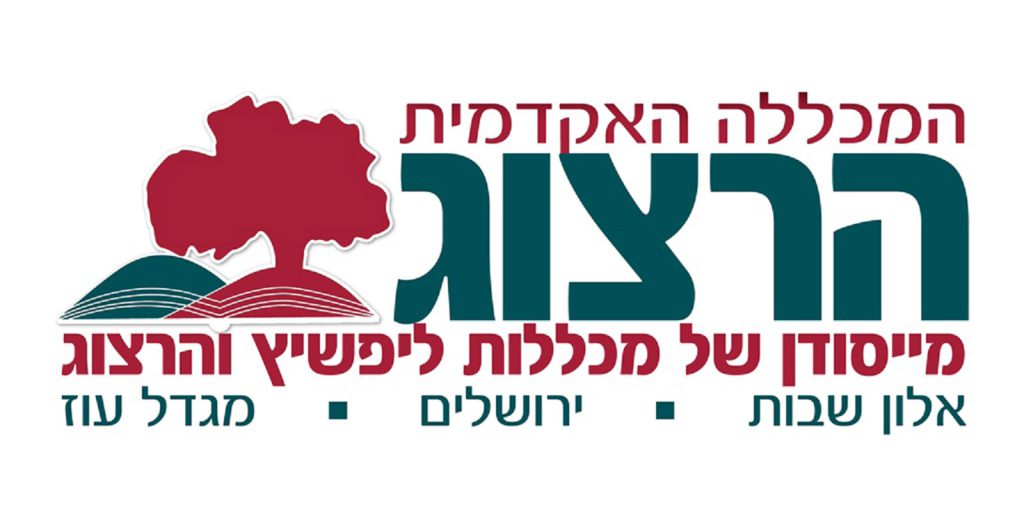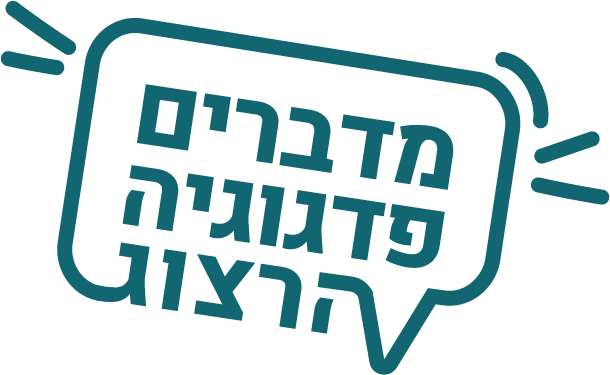When translating from one language to another, one often has to make decisions regarding words in the source language that have no equivalent in the target language. Sometimes, there is no choice but to translate it with a completely new word (e.g. “tabernacles” for sukkot). At other times, a word from the source language is borrowed directly into the target language (e.g., “Sabbath”). Another common approach is creating a calque. A calque is a word or phrase borrowed from another language by translating each element literally. Think of it as taking a phrase apart, translating each piece individually, and then reassembling them in the new language.
While most English speakers may not realize it, the term Passover is a direct calque of the Hebrew word Pesach. The term originates from William Tyndale’s 16th-century English Bible translation, where he rendered Pesach into English by combining "pass" and "over," referencing the pivotal moment when God "passed over" the homes of the Israelites during the final plague in Egypt.
What makes this translation particularly notable is that it preserves both the literal meaning and the spiritual significance of the holiday, which commemorates the Exodus of the Israelites from slavery after God passed over the homes of the Israelites during the final plague in Egypt.


